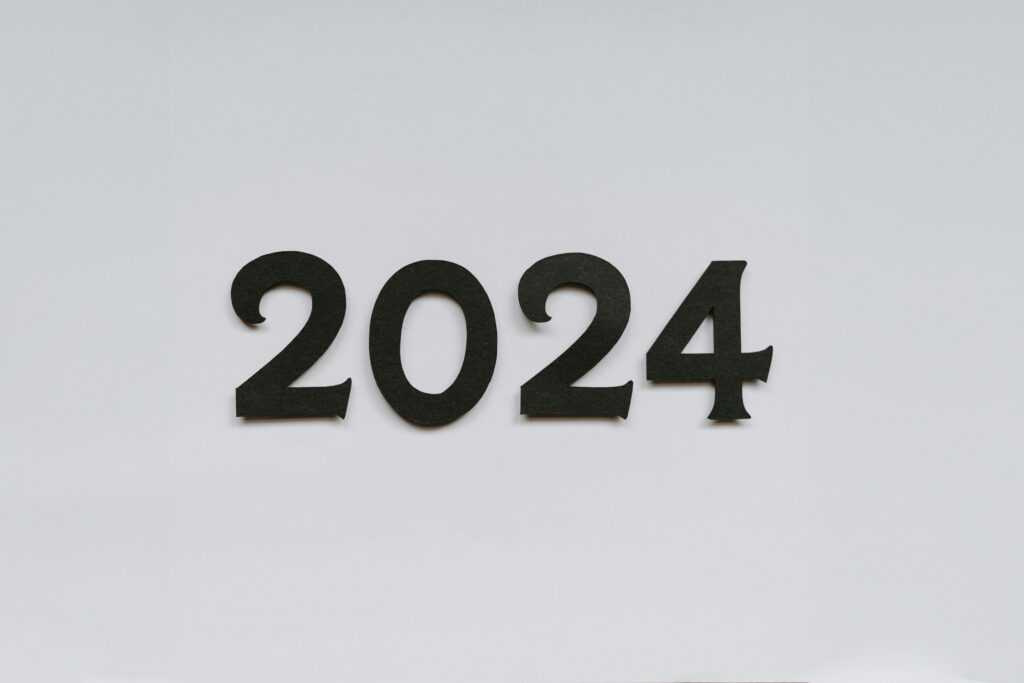When preparing for a job interview, many candidates overlook how personal interests and hobbies might influence an employer’s perception. While sharing the right hobbies can showcase positive traits like teamwork or creativity, the wrong ones might raise red flags or create misunderstandings. Not every hobby paints a professional picture.
In this article, we will explore which hobbies to avoid mentioning and why they might hurt your chances.
Playing Video Games for Hours
Mentioning that you play video games for hours during an interview can be risky. It might suggest poor time management or a lack of work-life balance. While gaming can improve cognitive skills, strategic thinking, and hand-eye coordination, traits valuable in creative roles, excessive gaming may raise concerns.
Moreover, the video game industry is under scrutiny, with major companies facing lawsuits for allegedly designing games to be addictive. The video game lawsuit claims these games exploit psychological vulnerabilities, especially in minors.
They lead to anxiety, depression, social withdrawal, and even physical injuries like carpal tunnel syndrome, states TorHoerman Law. If anyone has suffered significant health issues or other problems due to playing video games, they are eligible to file a video game lawsuit.
Employers may hesitate to view this hobby positively if it’s associated with addiction or health concerns. It’s best to frame gaming as a balanced interest that supports relevant job skills.
When is it okay to share gaming as a hobby without sounding unprofessional?
It’s okay to share when it highlights relevant skills like strategic thinking, teamwork, or problem-solving, especially for tech, design, or creative fields. Keep the focus on moderation and balance. Avoid mentioning excessive playtime or competitive gaming unless it’s clearly connected to valuable professional traits.
Political Activism
Political activists work to promote social or political causes through organizing events, advocating for policy changes and awareness, or engaging with communities.
A survey by United Way NCA found that 32% of Gen Z and 24% of millennials are regularly engaged in activism. Around 51% of Gen Z have participated in protests and rallies for social causes in the US.
When shared thoughtfully in a job interview, political activism can reflect strong leadership, communication, and organizational skills. It shows a candidate’s passion, initiative, and ability to mobilize others’ valuable traits in many roles.
Just ensure the cause aligns with company values and presents activism in a way that emphasizes professional growth and respectful advocacy.
Skydiving and Other Extreme Sports
Skydiving and other adrenaline-pumping activities like rock climbing or base jumping may reflect your bold personality. However, they can sometimes raise red flags in a professional interview. Employers may associate such hobbies with unnecessary risk-taking or impulsiveness, even if that’s far from the truth.
Interestingly, skydiving is statistically safer than it seems. The US Parachute Association reported that in 2024, its members completed 3.88 million skydives. Only 9 fatalities were recorded, making it less risky than other extreme sports like scuba diving. Still, the perception of danger can overshadow the discipline and preparation these activities require.
It’s best to steer the conversation toward hobbies that highlight your reliability and long-term focus unless the role specifically values high-risk decision-making.
How can I turn participation in high-adrenaline activities into a professional strength?
You can present high-adrenaline activities as proof of your ability to stay calm under pressure, make quick decisions, and embrace challenges. Emphasize the discipline, preparation, and focus that these activities require. Relating them to workplace skills shows you’re adaptable, resilient, and confident in high-stakes or fast-changing professional environments.
Running a Side Business
Mentioning a side business as your hobby in an interview can raise red flags. The employers may worry that it could distract from your primary job or signal a lack of long-term commitment.
According to Bankrate, side hustles can be a valuable outlet for pursuing passions or building a business. However, for many Americans, they’re also a financial necessity. Over 36% of side hustlers rely on that income to cover essential living costs such as rent and groceries. Also, 32% believe they’ll always need their side gig to stay financially afloat.
When a side business is presented positively, it demonstrates entrepreneurial spirit, time management, creativity, and problem-solving skills. It shows initiative and a proactive mindset, qualities valued in many roles. If the side business doesn’t conflict with the job, it can position you as resourceful and driven with a unique perspective on the workplace.
Watching TV Shows or Binge-Watching Series
Mentioning watching TV shows or binge-watching series in an interview can backfire if it appears as a passive or time-consuming habit. However, when framed thoughtfully, it can reflect cultural awareness, appreciation for storytelling, or interest in media trends.
As per Statista, 60.7% of Americans spent 3 hours or more each day watching TV shows. Around 47% of them watch it for an hour or more. Watching TV or web series can be useful in creative marketing or entertainment-related fields.
Highlighting how certain shows inspire critical thinking or spark discussions can turn this hobby into a meaningful conversation. The key is to show balance and extract thoughtful insights from your viewing habits.
Is it okay to mention watching documentaries or films if applying for creative roles?
Yes, mentioning documentaries or films can be beneficial when applying for creative roles. It shows an appreciation for storytelling, visual composition, and diverse perspectives. Connect your interest to relevant skills like critical thinking or creative inspiration, which directly enhances your professional creativity.
Share Smart, Impress More
While hobbies can offer insight into your personality, not all are interview-appropriate. Sharing the right ones can strengthen your profile, while the wrong ones may unintentionally harm your chances. It’s essential to present your interests strategically through transferable skills, emotional intelligence, and balance.
By being thoughtful about what you reveal, you can leave a lasting, positive impression and show you’re a well-rounded, professional candidate.



